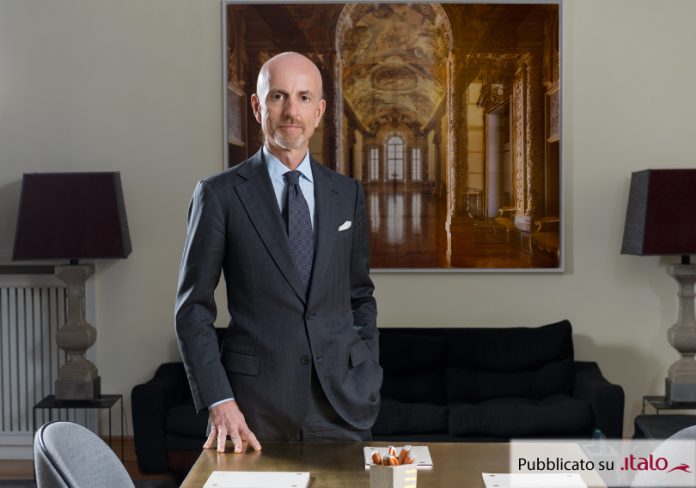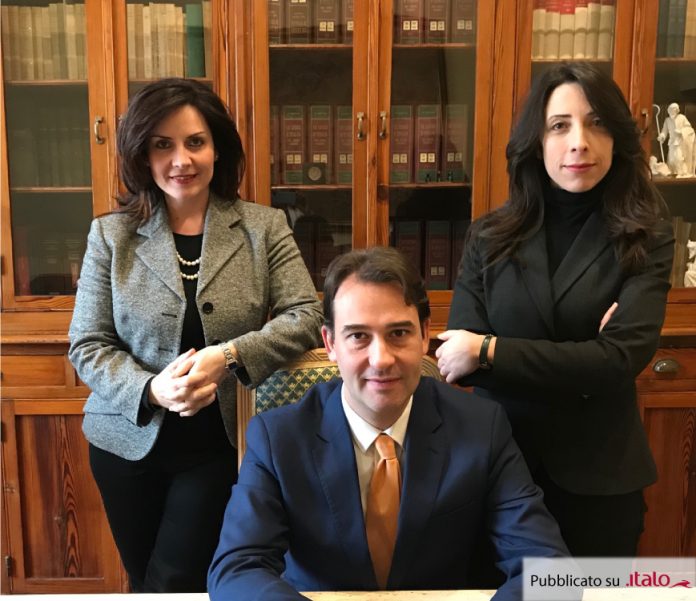Silvio Rossi, professor of La Sapienza di Roma and rehabilitation expert, illustrates the advantages of ViSS and ENF
Prof. Rossi, what exactly is the Vibration Sound System (ViSS)?
It is a highly innovative therapy, absolutely painless, which involves the use of a computerized machine that, vibrating at a frequency of 120 or 200 Hertz, is able to perform multiple treatments aimed at optimizing muscle tone. Recent scientific publications have shown its extraordinary effectiveness in the treatment of 15 pathologies: it is ideal for the treatment of osteoporosis, multiple sclerosis, parkinsonism, flatfoot in the child, post-operative rehabilitation and recovery of muscle tone in sarcopenic patients.
What is the Electro Neuro Feedback (ENF) therapy?
It is a newly developed electrotherapy to be used in medicine and physiotherapy, which adapts to the real bioelectrical needs of the pathology treated. The ENF identifies with extreme precision the area that needs treatment and allows you to verify the result obtained : it is an innovative system capable of making diagnosis and therapy at the same time measuring the impedance of a specific anatomic sector and, consequently, establishing the presence of an active inflammatory state.
For which pathologies is particularly indicated?
ENF is particularly effective in the treatment of all diseases of the musculoskeletal system, with an anti-inflammatory, draining and regenerating effect. It is also indicated in the case of neck pain, low back pain, tendon inflammation, muscle tissue injury and osteotendinous.
More info (www.silviorossi.it) (silviorossi@aotsrl.com)
By Roberta Imbimbo































































